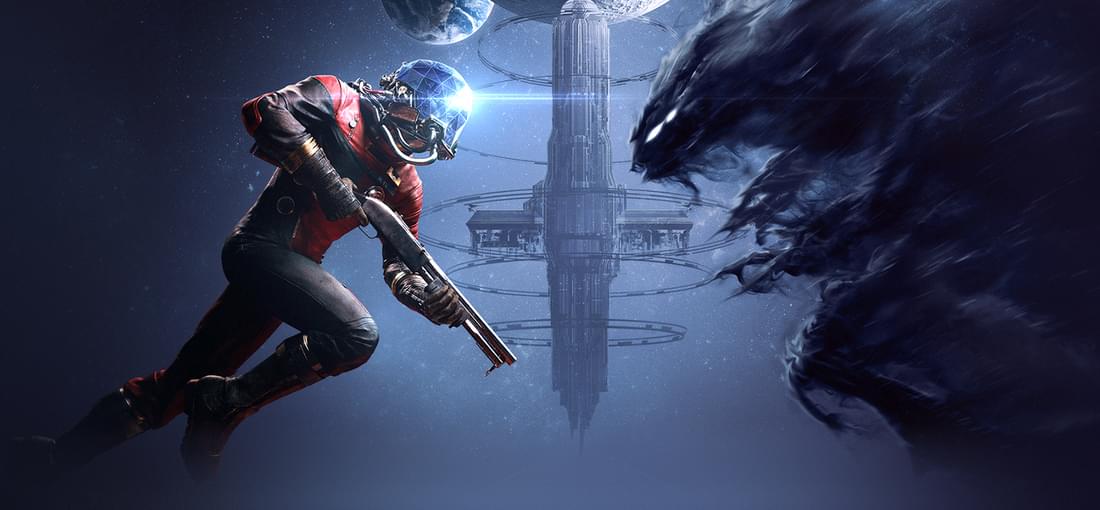


In 2024, it's easy to say that the immersive sim is in a renaissance. Rather than just attempting to recreate what came before, the immersive sim of the 2020's critically examines the foundations of this genre and then distorts them in bold, experimental ways. Games like Shadows of Doubt, Ctrl Alt Ego, Weird West, and so on are emblematic of this approach, and the immersive sim is far from the only classic genre to be caught up in this experimental frenzy. That is not what this review is about. Rather, it's about a game released in a time when those classics were only starting to be revived. If you've played just about any game with a title that goes like "Something Shock", Prey feels very similar to them. You're dropped into an unfamiliar and hostile place, and you must accomplish a specific objective while trying to uncover the mysteries of how everything went wrong. Along the way you acquire a suite of tools(one of the interesting things about this genre is how it understands the role of weapons as just another tool that can be used in all sorts of ways) and abilities that unlock new ways to traverse the world. Nowhere can this be seen better than the GLOO gun. This tool can be used in combat, puzzle solving, traversal, and much more, and is the sort of thing that just wouldn't be possible back in the day, not with all the utility it has in this game at least. Aside from that, combat feels clunky, something the immersive sim as a whole is no stranger to. The story should also be given special mention, not just for the diverse cast of characters and their arcs, but also for its themes. Where most games use science fiction as an aesthetic to paint on their guns, Prey actually engages with speculative concepts on a deeper level. I won't give anything away, but don't just sleepwalk through the world and dialogue. Overall, a fantastic experience with few flaws and incredible story. Also very queer for this genre, if you're looking for something along those lines.

It's well known that Sid Meier's Alpha Centauri is an incredibly designed game, from its mechanics to the world design to how it almost feels like it came out during the era of New Wave Sci-Fi(the era where sci-fi left John W. Campbell and his ilk in the dust and began to be about much more than just the "sci") despite being from the late 90's. This feeling could be chalked up to the focus placed on the human and environmental elements, but also in the way that it took a hammer to the standards that had come to define the 4X genre it hails from, just a few short years after those standards were codified. Though the best games are still a joy to play, the 4X genre is notorious for pushing some rather suspect narratives. Things like the consequences of imperialism and the pursuit of infinite growth probably weren't on Sid Meier's mind back when making Civilization, but the fact these conventions have rarely been questioned at all in the decades since speaks volumes. Hell, even the name of the genre(eXplore, eXpand, eXploit, eXterminate) paints a rather grim picture, and yet it goes unquestioned. Civilization tries to paint over this legacy with a thin veneer of performativity, and in doing so reduces this world's rich tapestry of cultures to a stat bonus for the race to the top. It's hard to believe this is the same studio that refuted the order of things in 1999. Where many games of Civ end with you building a ship to the stars to repeat the cycle again, SMAC opens with that ship being a last ditch effort built by a world that couldn't bother to save itself. Factions are driven by ideology, not nationality, in profoundly human ways. Your new home is secretly its own faction and by playing the "4X way", it becomes your enemy. You are forced to look at how you break the world in your pursuit of growth, at the consequences of playing the way an entire genre tells you to. You haven't saved humanity. The cycle will continue. It's amazing what changing the context does